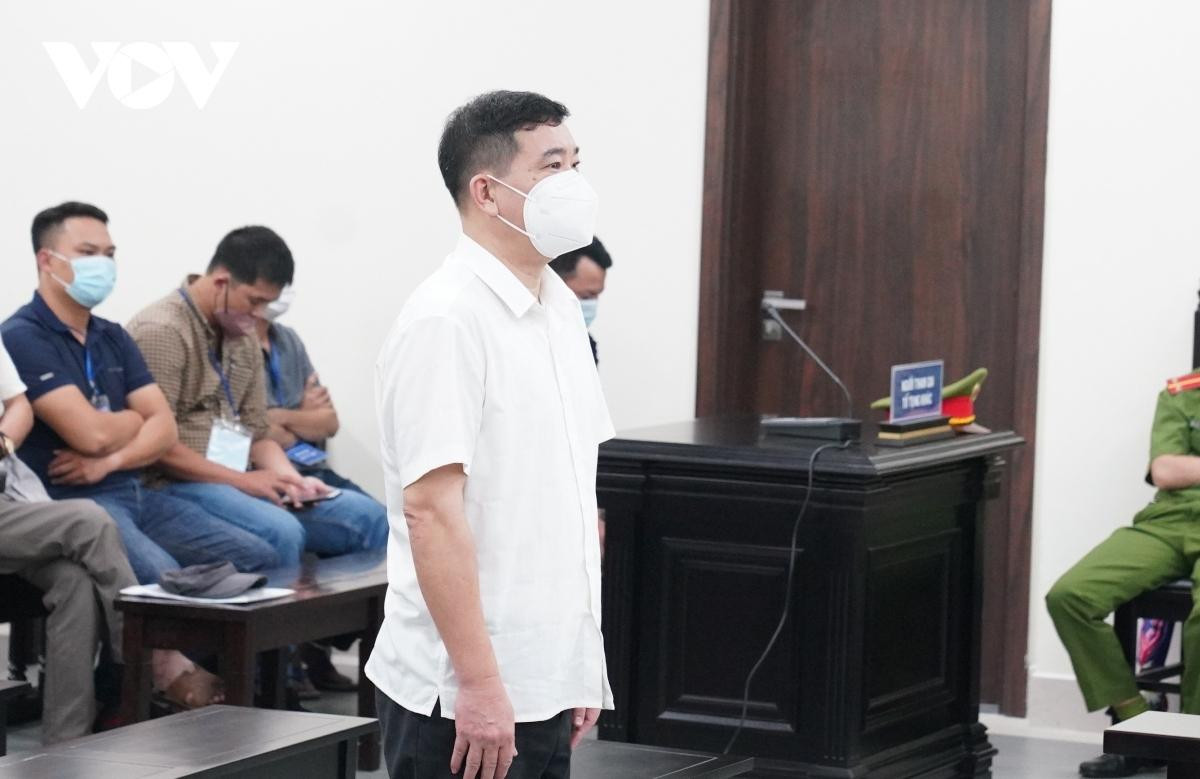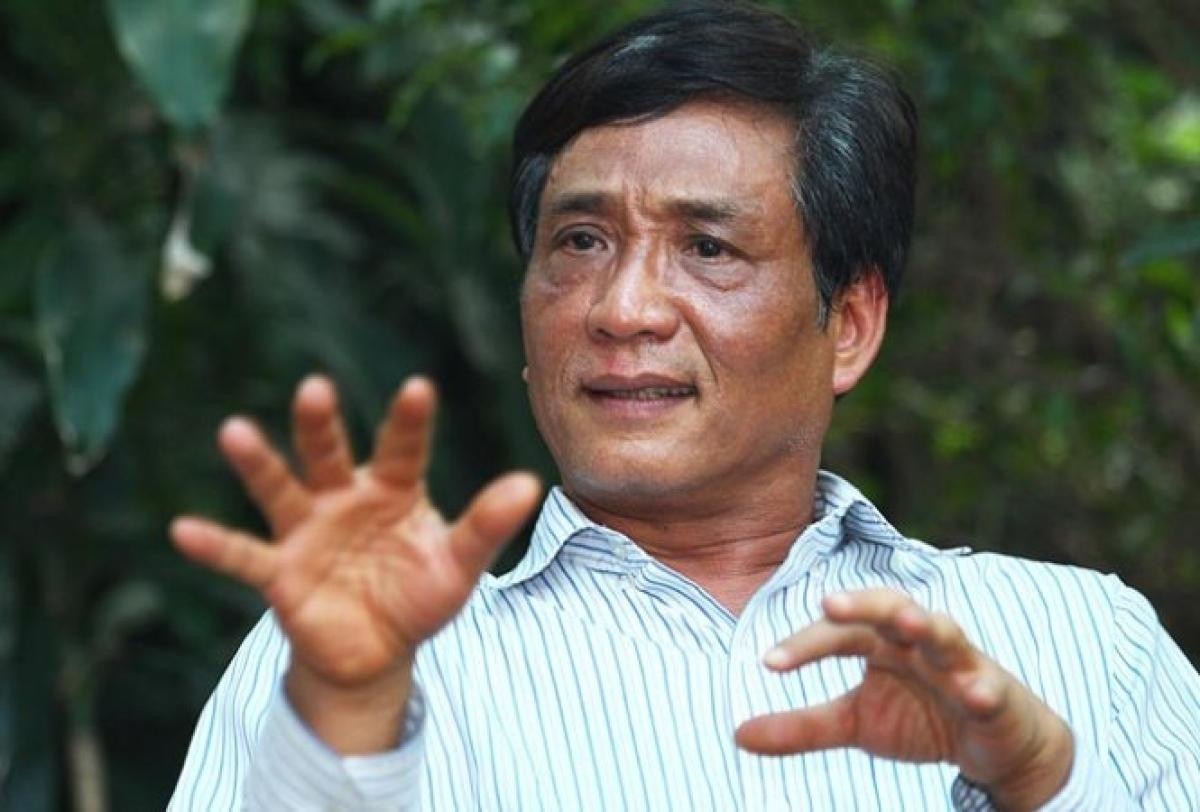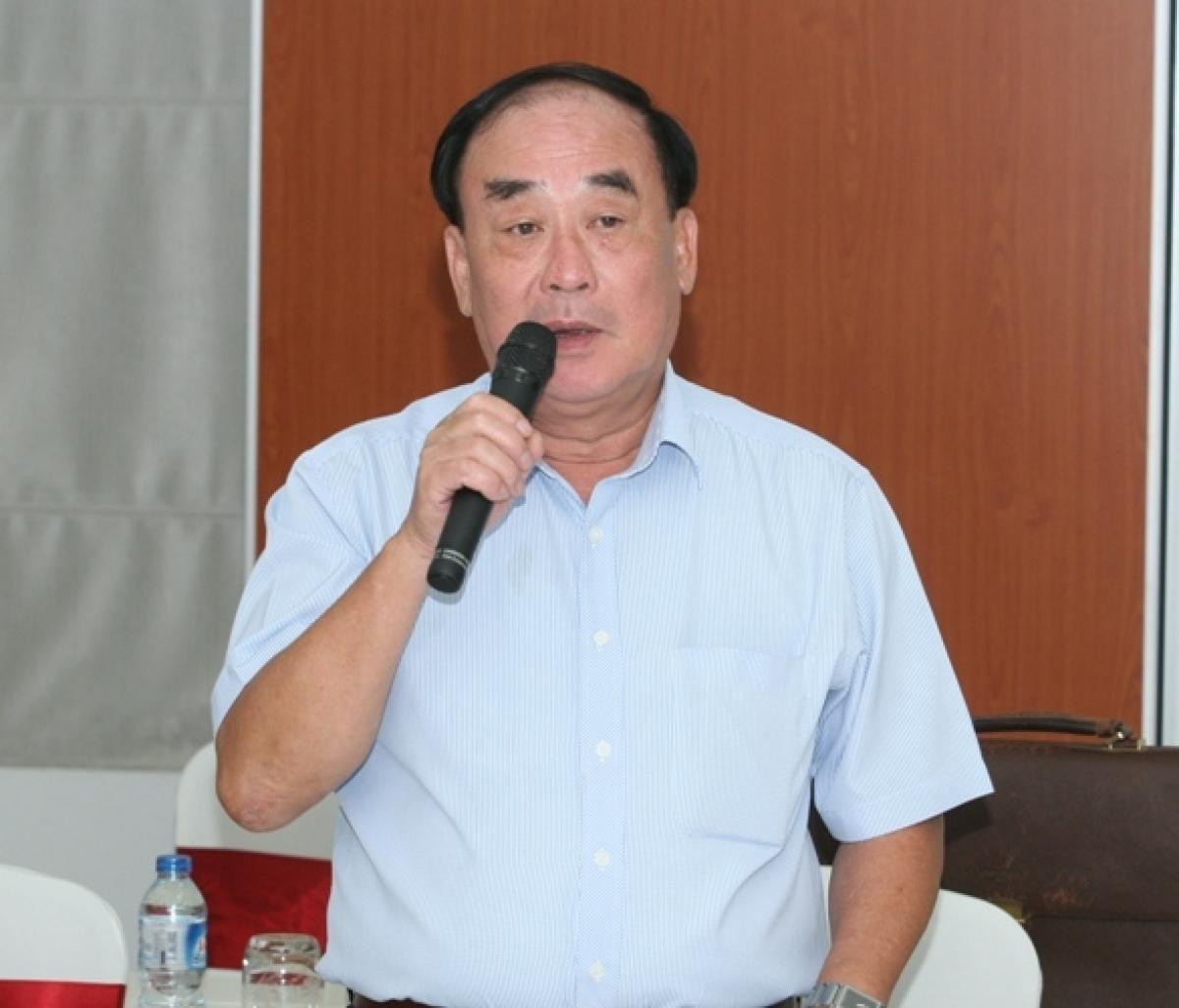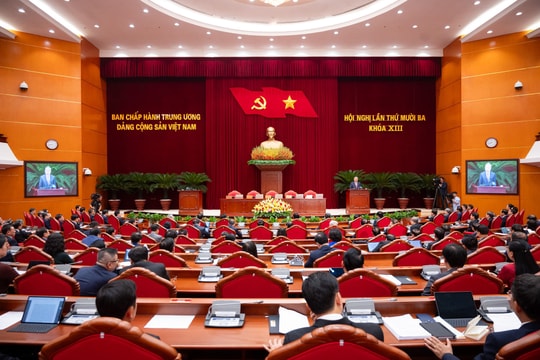Regulations on power control in judicial activities will be issued.
It is expected that in December 2022, the Politburo will issue regulations on "controlling power in investigation, prosecution, trial and execution activities".
Abuse of power, corruption, and negativity in judicial activities
In mid-November 2022, the Supreme People's Procuracy's Investigation Agency caught Mr. Chau Van My, Deputy Chief Justice of Bac Lieu Provincial People's Court, red-handed while receiving money from a female defendant at a motel in Bac Lieu City to convert a 6-month prison sentence into a 6-month suspended sentence.
Previously, in October 2022, the Chief Prosecutor of Luc Ngan District People's Procuracy (Bac Giang province) was prosecuted and temporarily detained for accepting bribes in the case of "fixing a case" of organizing illegal drug use.
In August this year, the Hanoi People's Court sentenced defendant Phung Anh Le (former Chief of Tay Ho District Police, Hanoi) to 7 years and 6 months in prison for receiving 110 million VND to direct the release of people being illegally detained.
These are just a few typical examples of some officials of the industry who are considered to protect the "scales of justice" but have engaged in corrupt behavior.
 |
Defendant Phung Anh Le at trial. |
In an interview with VOV, Mr. Hoang Ngoc Giao - Director of the Institute for Policy, Law and Development Studies (under the Vietnam Union of Science and Technology Associations) said that negativity and corruption in judicial activities can appear at all stages of the proceedings. In particular, at the investigation, prosecution and trial stages, there are negative manifestations such as: forced confessions, torture; falsifying case files; abusing positions and powers for personal gain; illegally releasing detainees; letting criminals escape...
Not only is there negativity in the interrogation process, corruption, negativity in judicial activities is also identified in the phenomenon of "running the sentence". This phenomenon occurs in many stages, "running" in the investigation stage to conclude a light investigation; "running" at the Procuracy to get a lighter penalty; "running" at the court to get a sentence at the lowest level of the penalty or change the crime to get a light sentence. Even in the execution of criminal sentences, there can be negativity in order to get early release from prison...
 |
Mr. Hoang Ngoc Giao. Photo: Tuoi Tre |
According to Chairman of the Hai Phong City Bar Association Tran Ngoc Vinh, negativity and corruption in judicial activities are currently complicated and difficult to detect because the subject of the act is a person with authority or related to judicial activities, who has a good understanding of the law, but in the process of performing their duties, intentionally or unintentionally infringes upon the proper functioning of investigation, prosecution, trial, and judgment enforcement agencies, infringing upon the rights and legitimate interests of citizens, organizations, and society.
“There are some places where corruption has occurred, and these cases need to be strictly handled. Because these negative cases are related to public servants, they are the ones who understand the law very well, represent justice, but if they violate the law, the form of disciplinary action must be higher than others,” said Mr. Tran Ngoc Vinh.
The Politburo will issue regulations on controlling power in judicial activities.
Implementing the Resolution of the 13th National Party Congress and the direction of the General Secretary, the Politburo assigned the Central Internal Affairs Commission to preside over and coordinate with relevant agencies to develop the Project "Regulations on controlling power, preventing and combating corruption and negativity in investigation, prosecution, trial and execution of sentences".
Speaking more clearly about the progress of the above project, Mr. Nguyen Thai Hoc - Deputy Head of the Central Internal Affairs Committee said that the Central Internal Affairs Committee has chaired and researched the project over the past time, asked for opinions from 14 central agencies, 63 provincial and municipal Party Committees, received opinions, and fully explained to complete the project.
On November 17, the Central Committee for Internal Affairs signed a document submitting this project. After that, the Central Party Office will seek opinions from relevant agencies.
“According to the plan, we will report to the Politburo in early December. If approved, the Politburo will issue regulations on controlling power in investigation, prosecution, trial, and execution of sentences,” Mr. Nguyen Thai Hoc emphasized. If everything goes smoothly, the Politburo will likely issue this regulation in December 2022.
The Deputy Head of the Central Internal Affairs Commission also affirmed that it is necessary to focus on solutions to control power so that the fight against corruption and negativity can be effective. Because the investigation, prosecution, trial and execution agencies are agencies assigned with power and related to human rights, civil rights, as well as very important issues such as personal identity, property and human life, they need to be strictly controlled.
 |
Mr. Tran Ngoc Vinh. (Photo: Vietnam Lawyers Association) |
To effectively prevent and combat negativity and corruption in judicial activities, according to Chairman of the Hai Phong Bar Association Tran Ngoc Vinh, it is necessary to perfect the legal system, especially judicial proceedings, in the direction of ensuring democracy, publicity and transparency. In addition to strict disciplinary regulations and heavy sanctions, it is also necessary to study so that judicial officials have good treatment so that they will not easily trade their current benefits for corruption.
Sharing the same view, Mr. Hoang Ngoc Giao - Director of the Institute for Policy, Law and Development Research said that an important factor to limit corruption, negative behavior, and being corrupted by money in judicial activities is to take into account the story of income and life of officers of investigation agencies, prosecutors, and courts. Along with salary reform for officers and civil servants, there is reform of judicial processes and procedures, institutions to ensure democracy, transparency, and strictness so that officers do not dare to be corrupt. In addition, there must be mechanisms and policies for planning, training, fostering expertise, profession, and political theory for judicial officers; mechanisms to attract and recruit people with enough virtue and talent into the system of judicial agencies./.


.jpg)

